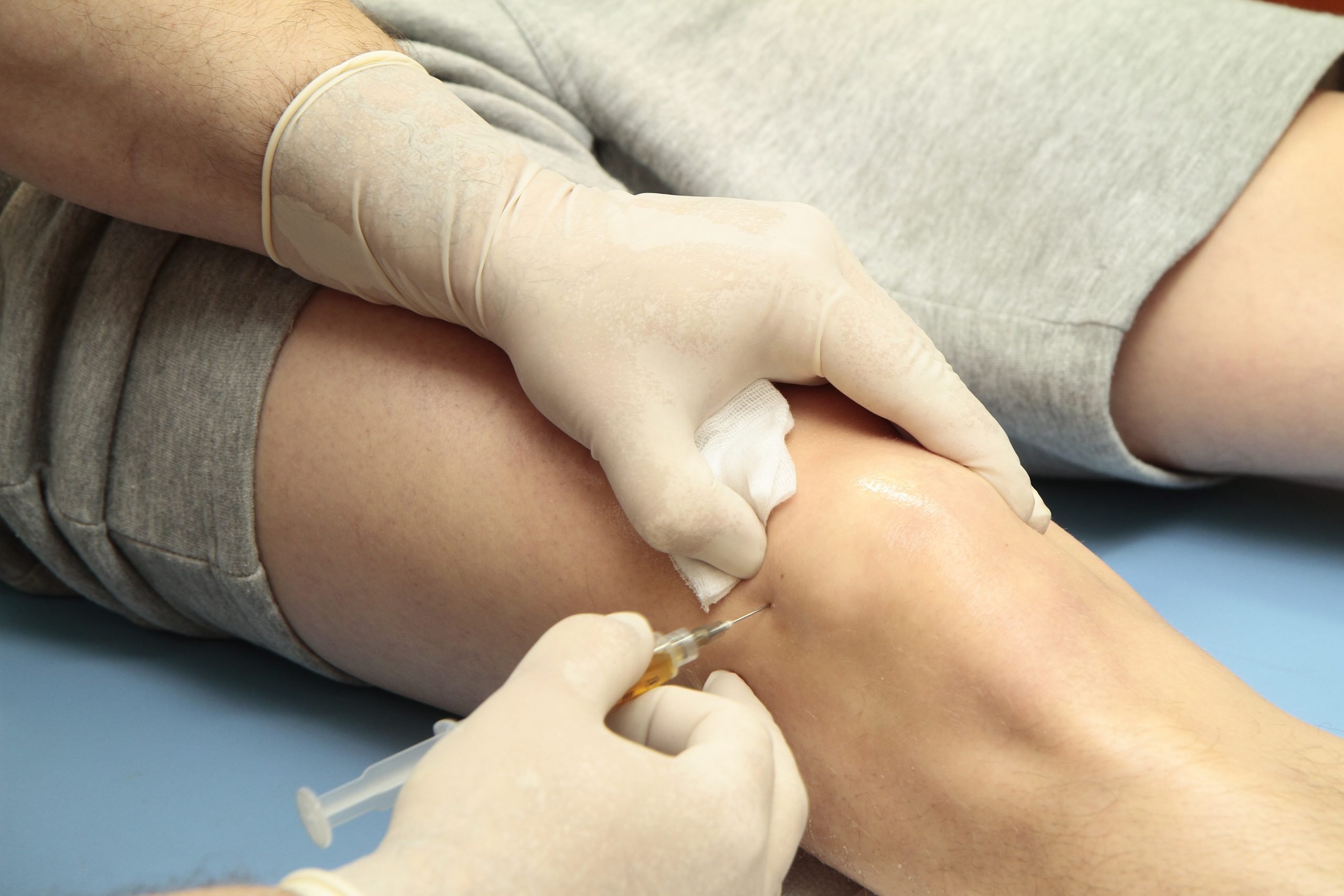Knee cartilage problems, ranging from wear and tear to injuries, can significantly affect one’s quality of life by causing pain and limiting mobility. With the advancement in regenerative medicine, particularly MSC (Medicinal Signalling Cells) therapy, there’s growing interest in its potential for knee cartilage regeneration. This article explores the efficacy of MSC therapy for knee cartilage regeneration, aiming to shed light on this innovative treatment for patients seeking alternatives to traditional methods.
Understanding Knee Cartilage Regeneration
Knee cartilage regeneration refers to the process of repairing damaged cartilage in the knee joint. Cartilage is a tough, flexible tissue that covers the ends of bones in the joints, providing cushioning and enabling smooth movements. Unlike other tissues, cartilage lacks its own blood supply, making its natural repair process slow and limited.
The Role of MSC Therapy in Knee Cartilage Regeneration
MSC therapy involves the use of Medicinal Signalling Cells, previously known as stem cells, to promote tissue repair and regeneration. These cells can differentiate into a variety of tissue types, including cartilage, potentially offering a way to regenerate damaged knee cartilage. MSCs also possess anti-inflammatory properties, which can further aid in the healing process.
Purpose of MSC Therapy for Knee Cartilage
The primary purposes of MSC therapy in the context of knee cartilage include:
- Reducing inflammation and pain in the knee joint.
- Stimulating the regeneration of damaged cartilage tissue.
- Improving joint function and mobility.
- Offering a less invasive alternative to knee replacement surgery.
Alternative Treatment Options
Besides MSC therapy, several other treatment options exist for managing knee cartilage issues, such as:
- Physical therapy and exercise to strengthen the muscles around the knee.
- Pain relief medications, including anti-inflammatory drugs.
- Corticosteroid or hyaluronic acid injections for temporary relief.
- Surgical interventions, including arthroscopy, cartilage repair, and knee replacement in severe cases.
Who is a Candidate for MSC Therapy?
Candidates for MSC therapy typically include individuals with:
- Mild to moderate cartilage damage who are seeking alternatives to surgery.
- Chronic knee pain not adequately managed by conventional treatments.
- A desire to explore regenerative medicine options as part of their treatment plan.
 Cartilage
Cartilage Knees
Knees





